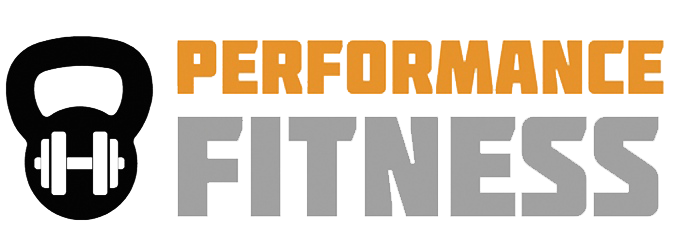5 Tips for Dealing With Fitness When Life SUCKS
5 Tips for Dealing With Fitness When Life SUCKS
As adults, we are well familiar with the phrase, “When life gives you lemons, make lemonade.” However, this tried-and-true maxim for encouragement sometimes comes up short when life throws you a giant curve ball and, for whatever reason, it just sucks.
These crappy periods of life (whether it’s related to health, family, work, etc.) can create chaos in your everyday routine. Your fitness regimen can be one of the first victims during a trying period in your life. Whether your doctor tells you to stop exercising because of an upcoming medical procedure or you are unable to prioritize your workouts because of a work or family crisis, you may find yourself feeling like a newbie once you hit the gym again.
Here’s my advice for getting through these challenging times:
- Have Patience With Yourself
While I am throwing around the maxims, here’s one that you’ve heard thousands of times: “Life’s a journey, not a destination.” When that meteoric-size life crisis hits, have patience with yourself. Just because you have to start over in the gym doesn’t mean that you are a failure. There is an ebb and flow to life and there are going to be circumstances that get in the way of your best-laid plans.
When life demands that you stop, listen! Those deadlifts and personal records can wait.
- Keep in Mind the Greater Goal
While your day-to-day life functions around small goals (going to Boot Camp, eating healthy meals, getting enough sleep), it’s important to keep the greater goal in mind when dealing with hard times. For example, if you are going through fertility treatments and you’ve been told to hold off on working out for a while, the goal of getting pregnant should eclipse running faster and jumping higher. The same goes for caring for an ill family member or tackling a giant work project. In a lot of cases, the sh!tstorm you’ve been dealt is temporary. You’ll return to your workouts eventually, but don’t let your lack of exercise eat at you while you’re in that temporary state.
You are not a failure. Sometimes there are bigger fish to fry than your strength training goals.
- Work on Some Micro-goals
While battling something in your life, thinking of micro-goals that can be worked on once you are through the situation can be helpful. Consider visualizing a certain date in the future that will mark your return to fitness, and set up some goals for that point. For example, if your busy work season ends in June, build in some goals for July, August, and September (but keep in mind that you’ll need to start out slow—see tip 5.)
If you can, keep your eye on the prize for getting your life back and working in some fitness sessions again.
- Give Yourself Forgiveness, Grace, and Understanding
I am giving you permission to give yourself a break about your fitness goals if you are in the midst of a crisis. You are handling a situation that ties into the greater goals of your life and you need to pat yourself on the back for getting through it. You need to acknowledge that you are tackling something that has a greater impact on your life than your short-term fitness goals.
Don’t beat yourself up. You’ll get back to your training sessions when the time is right, so accept where you are for now.
- Ease Back In Slowly, But Don’t Be Too Slow to Ease Back In
Once you’re able to get your fitness back on track, make a plan that will ease you in slowly. If you haven’t lifted a weight in two months, you can’t go back to where you were right away.
The article “Returning to Training After a Layoff” on Body Recomposition provides a realistic timeline for returning to your workout. If you’ve missed more than five to seven days of training, it’ll probably take you twice as long to get back to where you left off before the break in routine.
Now don’t let that timeline freak you out or hold you back from getting started. Often we sabotage ourselves by failing to get back to our workouts because we’re daunted by the idea of the amount of time it will take to get back to our previous level of fitness. Remember, time will pass anyway. You may as well make good use of the passage of time by getting back to your routine.
When you’re away from your fitness regimen for a longer period than a month or so, you’ll need to start as if you are a beginner again: “That means starting with a low volume and low intensity and gradually working back up. You have to put aside what you ‘used to do’ because if you try to match those old performances, you will get yourself into trouble.”
Once you begin again, work on your flexibility first, says Jay Cardiello in his article “How to Get Back to Working Out.” This is part of a progression toward getting fit again.
As you can incorporate workouts again, make some goals. One as simple as “I will be able to life this amount of weight by this date.” will remind you that getting back to your fit self will take some time and work.
Put a plan in place and have patience. You will kill it with kettlebells again, but don’t do too much too fast.


